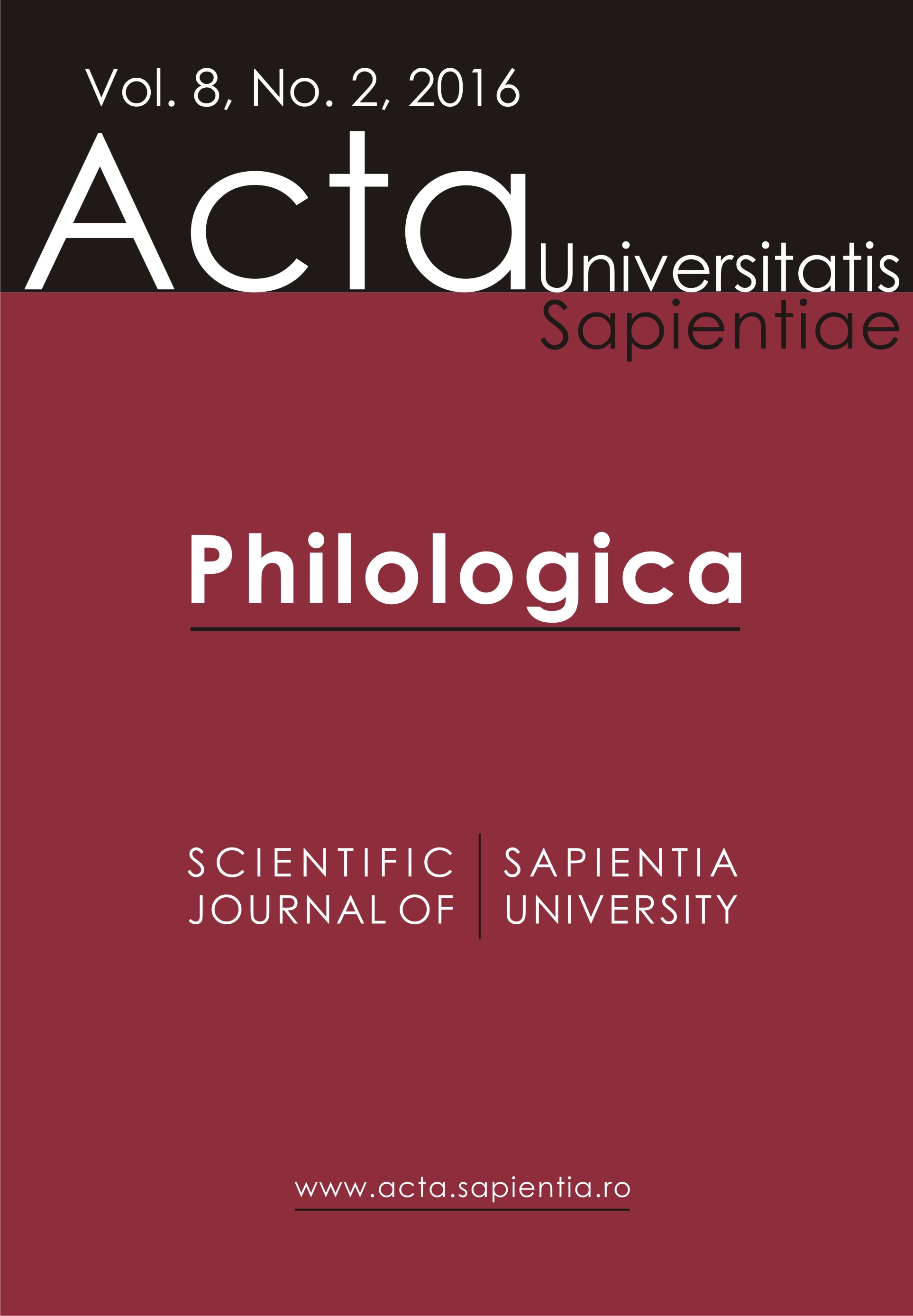Language Attitudes, Language Learning Experiences and Individual Strategies
What Does School Offer and What Does It Lack?
Language Attitudes, Language Learning Experiences and Individual Strategies
What Does School Offer and What Does It Lack?
Author(s): Erika-Mária Tódor, Zsuzsanna DégiSubject(s): Language studies, Language and Literature Studies, Foreign languages learning, Translation Studies
Published by: Scientia Kiadó
Keywords: language attitudes; motivation; language for identification; language for communication; cross-linguistic associations
Summary/Abstract: Language learners’ attitudes towards the language and its speakers greatly influence the language learning process and the learning outcomes. Previous research and studies on attitudes and motivation in language learning (Csizér 2007, Dörnyei 2009) show that attitudes and motivation are strongly intertwined. Positive attitude towards the language and its speakers can lead to increased motivation, which then results in better learning achievement and a positive attitude towards learning the language. The aim of the present study was to get a better insight into what regards the language attitudes of students attending Hungarian minority schools in Romania. The interest of the study lies in students’ attitudes towards the different languages, the factors/criteria along which they express their language attitudes, students’ learning experiences and strategies that they consider efficient and useful in order to acquire a language. Results suggest that students’ attitudes are determined by their own experiences of language use, and in this sense we can differentiate between a language for identification – built upon specific emotional, affective, and cognitive factors – and language for communication.
Journal: Acta Universitatis Sapientiae, Philologica
- Issue Year: 8/2016
- Issue No: 2
- Page Range: 123-137
- Page Count: 15
- Language: English

